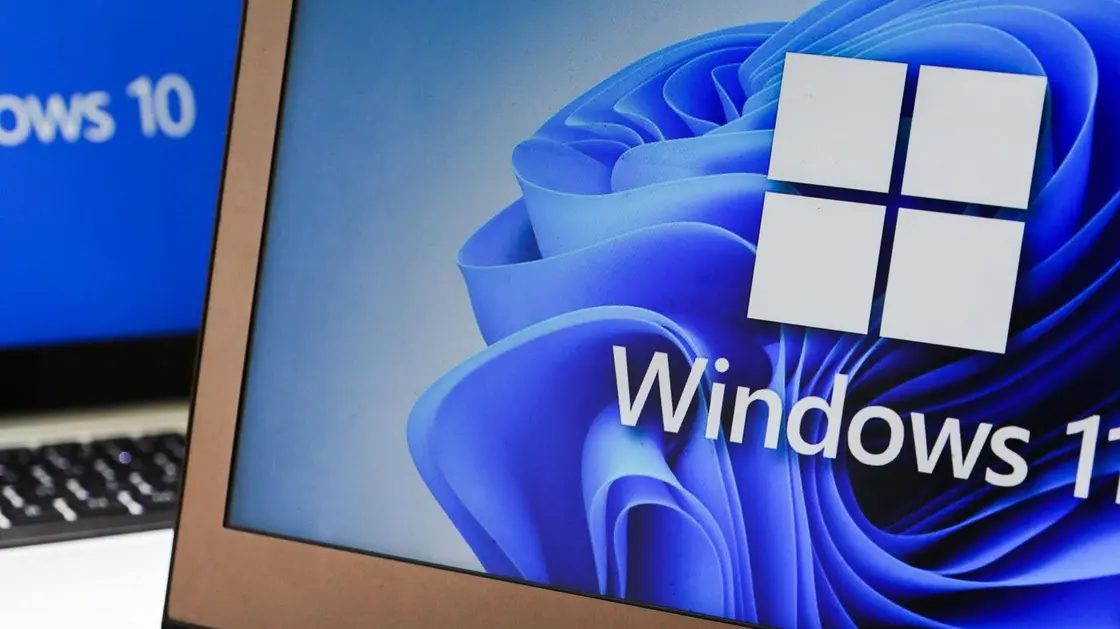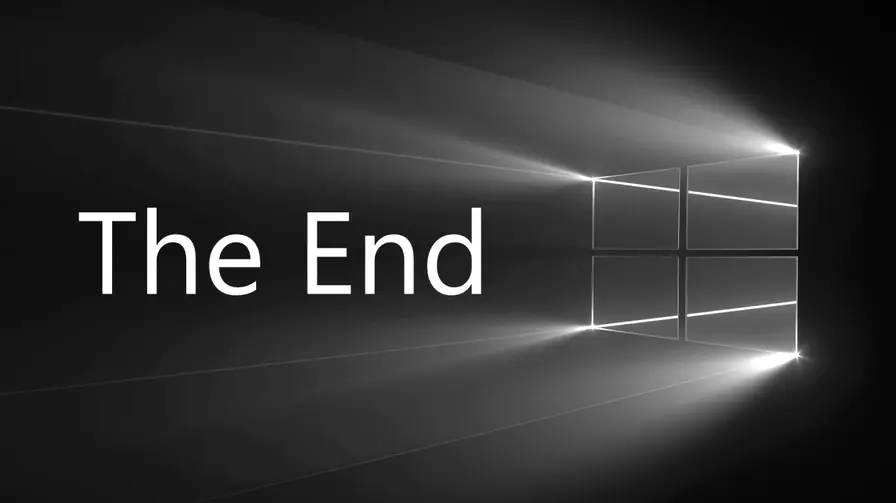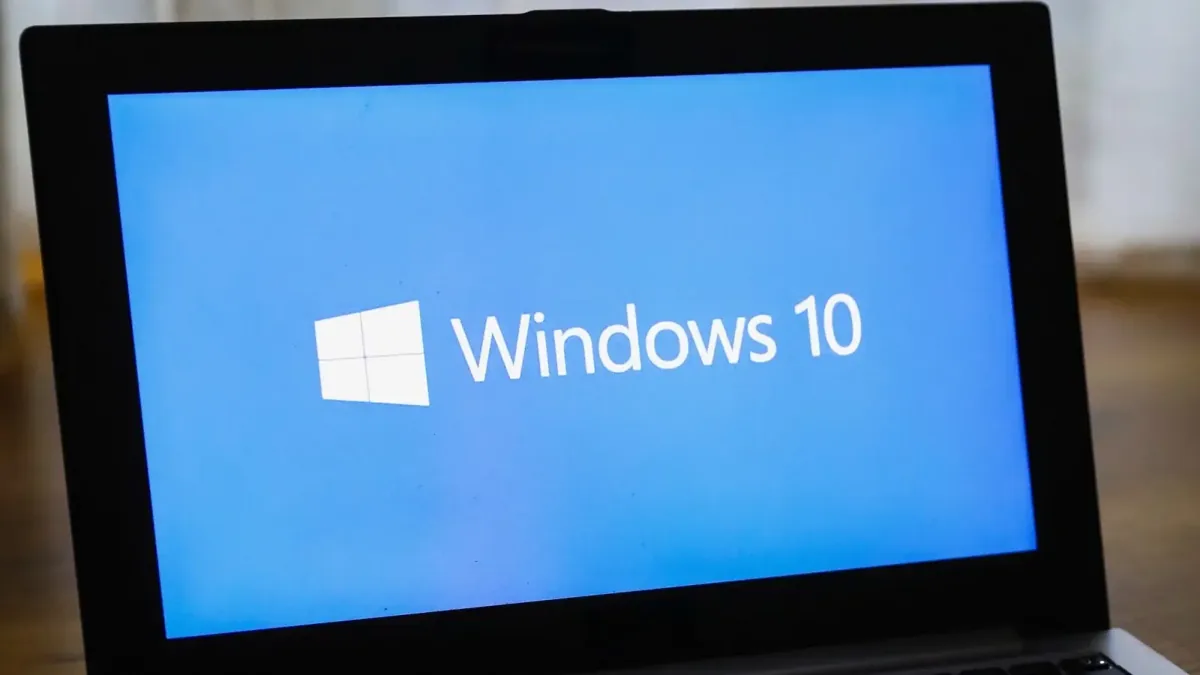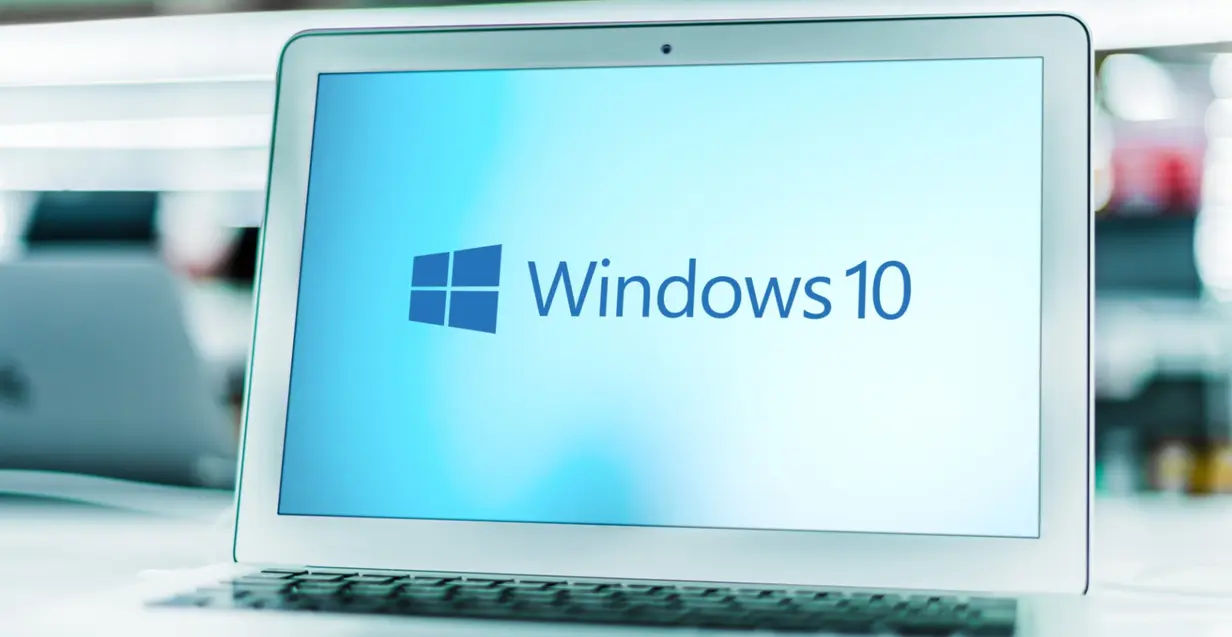T4K3.news
Microsoft offers free Extended Security Updates for Windows 10
Starting this year, Windows 10 users can enroll for free Extended Security Updates.

Microsoft opens up Extended Security Updates to Windows 10 users ahead of the operating system's end of support.
Microsoft offers free Extended Security Updates for Windows 10
Microsoft has announced that Windows 10 users can enroll in Extended Security Updates (ESU) for the first time. This move follows the company's plan to cease support for Windows 10 after October 2025, which raises concerns regarding cybersecurity risks for users who do not upgrade to Windows 11. Through this program, users can receive crucial security updates for an additional year until October 2026. However, this enrollment is limited to security patches only, offering no feature enhancements, bug fixes, or technical support. The need for support is particularly pressing for users whose devices do not meet the stringent hardware requirements for Windows 11. A range of enrollment options is available, including a no-cost method through Microsoft Rewards points, though a direct payment of £30 can also provide access. The initiative represents a significant shift in Microsoft's approach towards its consumer base, moving away from the exclusive business focus seen in previous ESU programs.
Key Takeaways
"We understand that moving to a new PC can take time, and we're here to support you throughout the process."
This quote from Microsoft highlights the company's awareness of user challenges transitioning to newer systems.
"Enrollment does not provide other types of fixes, feature improvements, or product enhancements."
This statement underscores the limitations of the Extended Security Updates program.
This new offering by Microsoft reflects a growing awareness of users' challenges faced with upgrading to newer operating systems. The acknowledgment that many Windows 10 devices may lack the necessary specifications for Windows 11 is crucial. As companies increasingly recognize the importance of cybersecurity, Microsoft's decision suggests that it is attempting to cater to a wider audience while managing the risks associated with outdated software. However, the serious limitations of the ESP program, such as the exclusion of feature upgrades and technical assistance, may leave many users feeling unsupported as they face security vulnerabilities. As users weigh their options, the path to enhanced security might not be as straightforward as Microsoft hopes it to be.
Highlights
- The future of Windows 10 sees limited support yet significant cybersecurity risks.
- Choosing to stay on Windows 10 means navigating a maze without proper direction.
- Microsoft's free ESU program is a double-edged sword for users.
- Extended support comes, but not in the way users might expect.
Risks of Limited Support for Windows 10 Users
The decision to limit the ESU program causes concerns about cybersecurity, especially for users unable to upgrade to Windows 11. With no feature updates or bug fixes, users are left exposed to vulnerabilities. Microsoft's acknowledgment of these issues may not placate users facing potential threats from malware and hackers due to unsupported software.
As Windows 10 users evaluate their choices, the importance of cybersecurity cannot be understated.
Enjoyed this? Let your friends know!
Related News

Windows 10 ESU enrollment opens to millions

Windows 10 end of life prompts new upgrade choices

Windows 10 users can extend updates for free

Microsoft confirms free Windows 10 update extension

Windows 10 support ending soon

Windows 10 end of support approaching

Windows 10 ESU options for free

Microsoft ends support for Windows 10
